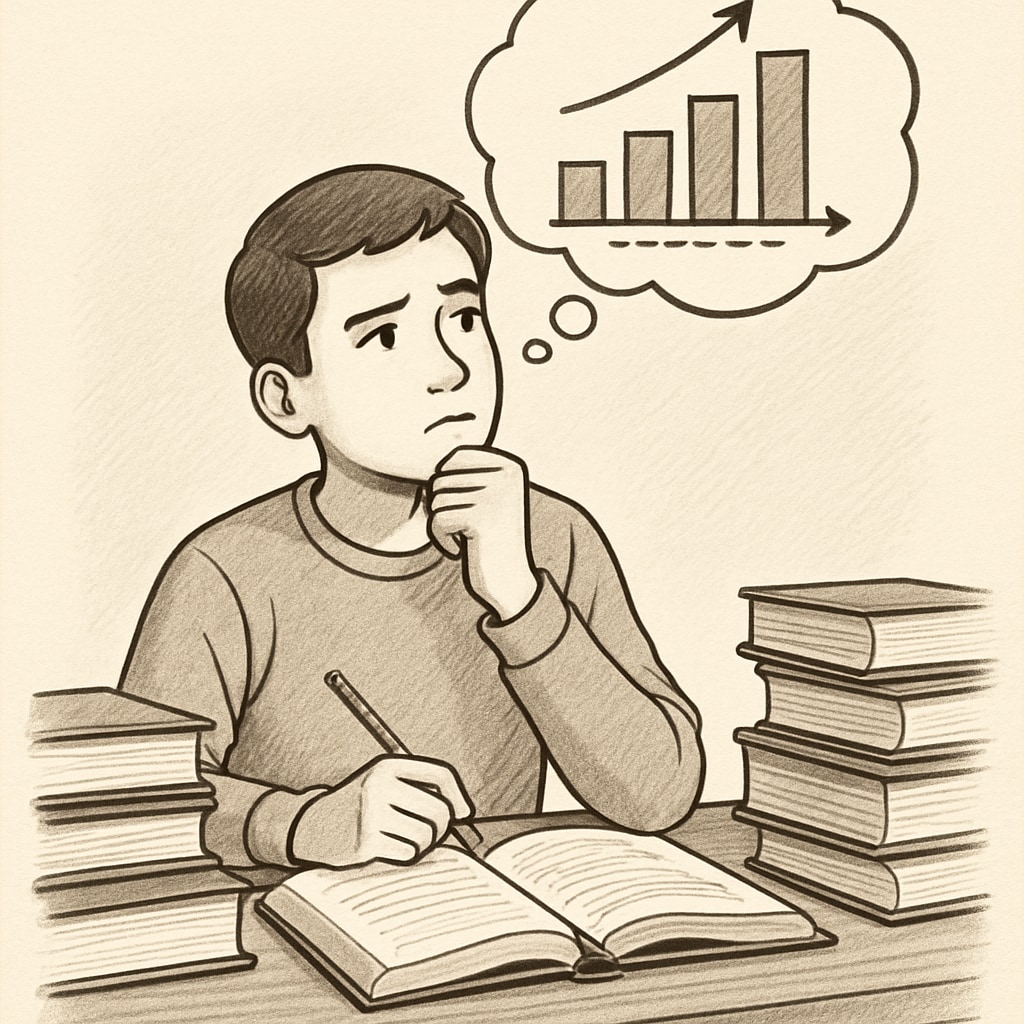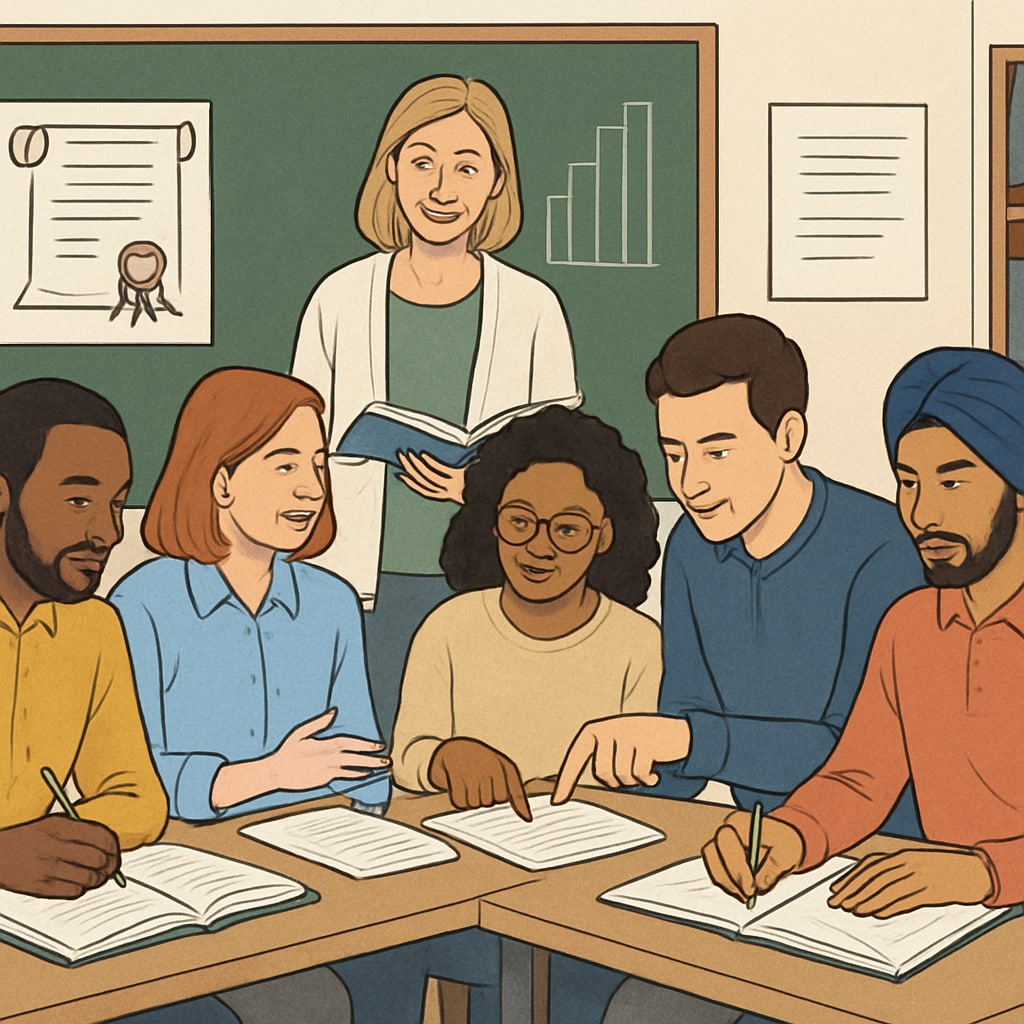Academic achievements during the K-12 years often serve as a foundation for future opportunities. However, not everyone has the privilege of a smooth educational journey. The concept of “corrective diplomas” (alternative qualifications issued when students fail to meet standard requirements) often brings a mix of regret and frustration. This article delves into the challenges faced by holders of corrective diplomas, the role of academic attitudes in shaping outcomes, and practical strategies to transition from a corrective diploma to a regular diploma, redefining one’s academic and personal success.
The Long-Term Impact of Academic Attitudes
Academic attitudes adopted during K-12 education can have significant implications for future achievements. A lack of motivation or focus during these formative years may lead to a corrective diploma, which is often seen as a less prestigious qualification compared to a regular diploma. This disparity can affect self-esteem and limit access to certain career or higher education opportunities.
According to educational psychologists, attitudes toward learning are shaped by various factors, including environment, support systems, and personal goals. Students who develop negative attitudes toward education during their school years may later regret their choices, especially when they face challenges in the job market or when pursuing higher education. However, this regret can also serve as a catalyst for positive change, motivating individuals to seek ways to improve their credentials.

Challenges of Holding a Corrective Diploma
Corrective diplomas often carry a stigma, as they are perceived as a reflection of insufficient academic effort or achievement. This perception can lead to challenges such as:
- Limited Career Options: Many employers prioritize candidates with regular diplomas, viewing them as better prepared for professional environments.
- Restricted Access to Higher Education: Universities and colleges may have strict admission requirements, making it difficult for holders of corrective diplomas to enroll.
- Social Stigma: The societal perception of corrective diplomas can negatively affect the confidence and self-worth of diploma holders.
Understanding these challenges is the first step toward overcoming them. Instead of dwelling on regret, individuals can channel their energy into seeking opportunities to bridge the gap between their current qualifications and their desired goals.
Practical Steps to Transition to a Regular Diploma
For those holding a corrective diploma, the journey to a regular diploma is not impossible. While the path may require effort and dedication, it offers the opportunity to rewrite one’s academic narrative. Here are some actionable steps:
- Identify Educational Gaps: Work with educational counselors to determine which courses or credits are needed to meet the requirements for a regular diploma.
- Join Adult Education Programs: Many institutions offer adult education classes specifically designed to help individuals earn a high school diploma.
- Take Online Courses: Online learning platforms often provide flexible options for completing missing coursework.
- Seek GED or Equivalent Certification: In some cases, earning a General Educational Development (GED) certificate can serve as an alternative pathway to academic and career advancement.
- Adopt a Growth Mindset: Embrace the belief that skills and intelligence can be developed through hard work and persistence. This mindset is crucial for overcoming obstacles and achieving academic goals.

Redefining Success Beyond Academic Credentials
While transitioning from a corrective diploma to a regular diploma can open new doors, it is also essential to redefine success holistically. Success is not solely determined by academic credentials but also by personal growth, resilience, and the ability to adapt to challenges. For those who regret their past academic attitudes, this journey can serve as a powerful reminder that it is never too late to pursue self-improvement.
Moreover, sharing one’s experiences and challenges with others can inspire those in similar situations to take control of their educational paths. Communities, support groups, and mentorship programs can provide invaluable encouragement and resources along the way.
In conclusion, while corrective diplomas may initially seem like a setback, they can become a stepping stone for personal and academic growth. By actively seeking opportunities to transition to a regular diploma, individuals can not only enhance their career prospects but also build a sense of pride and accomplishment. After all, the journey to success is not defined by where one starts but by the determination to keep moving forward.
Readability guidance: This article uses short paragraphs for better readability, includes transition words to ensure smooth flow, and combines actionable strategies with an encouraging tone. The inclusion of two illustrative images enhances understanding and engagement.


